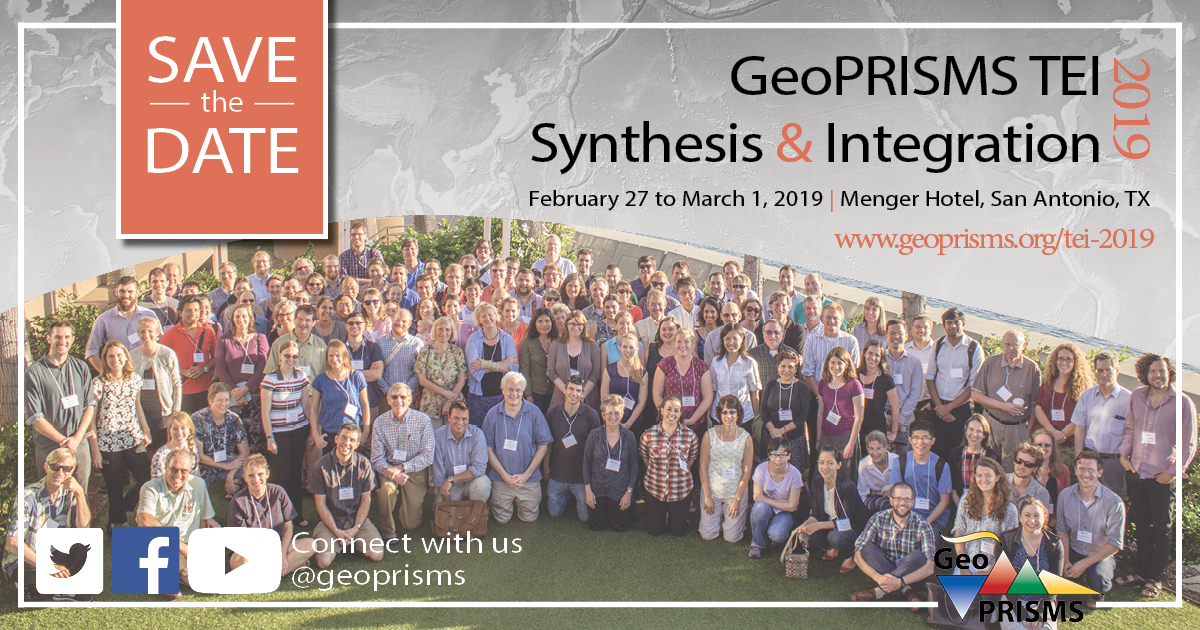Conference and workshop announcement
The UK RiftVolc Consortium is running a 3 day Conference in Hawassa, Ethiopia, 9-11 January 2019, to celebrate the culmination of this 5-year project.
Hawassa is a growing city alongside one of the beautiful lakes in the region of the East African rift dominated by lakes and caldera-forming volcanoes, several of which are being explored or exploited for geothermal energy. This will be a wide-ranging meeting on magmatic rifting, with invited speakers as well as speakers from within the Consortium. There will be sessions covering the geological and eruptive history of the region, magmatic processes, geophysical imaging, monitoring of volcanic centres, and current and future hazard. We welcome attendance from all interested scientists, and there will be the opportunity for both oral and poster contributions. There will be a day-long field trip to local sites of scientific interest on 12 January.
Hawassa has its own airport with regular connections to Addis Ababa, but is also accessible by road. The meeting will be fully residential in a hotel with a conference centre.
To be added to the mailing list to receive further information as it becomes available, please send a message to hawassa@ed.ac.uk.
Associated with the meeting, there will also be a 2-day Geohazards Workshop in Addis Ababa on 14-15 January 2019, focussing on science into protocols and policy, and response in the case of a geohazard warning or alert. This will be by invitation only, but please let us know if you would like to be considered.



